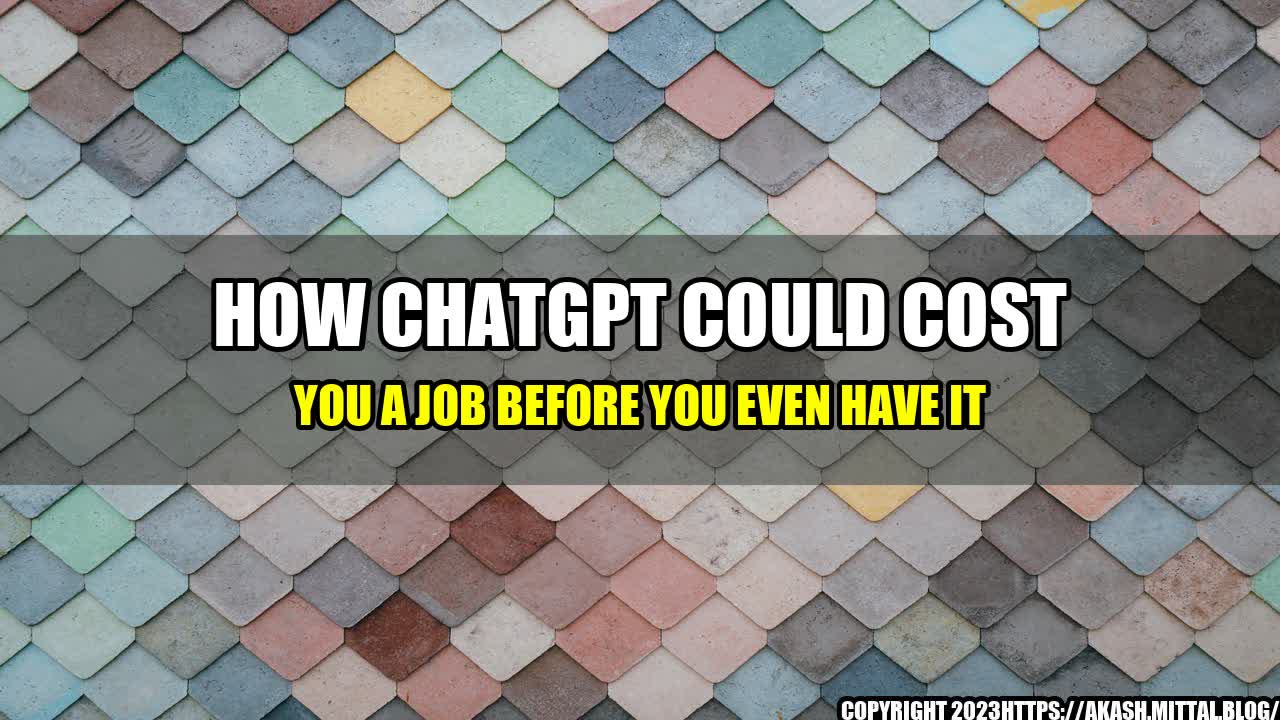The Story of John
John was a recent college graduate who had applied to multiple job openings over the past few months. He had updated his resume and cover letter, and sent them out to dozens of companies he found interesting. He had received a few callbacks, and had made it to a few initial interviews, but had not yet landed a job.
One day, John received an email from a company that he had applied to a few weeks ago. The email congratulated him on making it to the next round of the interview process and invited him to a video interview with the hiring manager. John was thrilled and immediately accepted the invitation.
Before the interview, John decided to do a little research on the company and the hiring manager. He looked up the company on Google and LinkedIn and found some interesting information about their projects and employees. He also looked up the hiring manager on LinkedIn and found their profile. John noticed that they had a mutual connection - a coworker from John's previous internship. John decided to reach out to his coworker and ask for an introduction or some tips on how to impress the hiring manager during the interview.
John's coworker replied to his message and gave him some good advice. However, John made a mistake. Instead of sending a private message, he accidentally posted his message on LinkedIn as a chat message to his coworker. The message went something like this: "Hey man, I have an interview with this company and their hiring manager. You know her? Can you give me some tips or an introduction? I really need this job! Thanks!"
John realized his mistake a few seconds later and tried to delete the message, but it was too late. The hiring manager had already seen the message on her LinkedIn chat. She was offended by John's approach and lack of professionalism and decided to cancel the interview. John never got a chance to explain his mistake or apologize and lost the opportunity for the job.
ChatGPT as a Job Interview Killer
- According to a survey by CareerBuilder, 70% of employers use social media to screen job candidates, and 57% of them have found content that caused them not to hire the candidate. The key factors that turned off those employers were provocative or inappropriate photos or information, drinking or drug use, bad-mouthing previous employers or coworkers, negative comments about religion or race, and poor grammar or spelling.
- Another survey by FlexJobs found that 62% of job seekers are not aware that their social media presence is being reviewed by potential employers, and only 51% use privacy settings to limit what can be seen by the public.
- ChatGPT is just one of the many new technologies that can be used to gather information about job candidates. Other examples include facial recognition software, sentiment analysis tools, and AI-driven personality tests. These technologies can analyze a candidate's facial expressions, tone of voice, body language, and written responses to predict their future job performance and fit with the company's culture.
How to Avoid Making the ChatGPT Mistake
- Always double check your chat messages before sending them, especially if you are using a social media platform that you are not familiar with. Check who the recipient(s) are and whether the message is public or private.
- Be mindful of your tone and language. Remember that you are communicating with a potential employer, not a friend or family member. Avoid using slang, emojis, or abbreviations that may be misinterpreted or seen as unprofessional.
- Do not ask for favors or personal information from mutual connections unless you have a solid relationship with them and/or have received their consent beforehand. Instead, ask for general advice or referrals to relevant resources or events.
- Set your social media profiles to private or limit the visibility of sensitive or irrelevant content to your professional image. Remove or untag yourself from any posts or photos that may be harmful or misleading. Create a professional email address and signature to use in your job applications.
- Practice good online hygiene and etiquette by being respectful, constructive, and positive in your interactions with others. Participate in professional groups and forums related to your field of interest and showcase your skills and knowledge.

Curated by Team Akash.Mittal.Blog
Share on Twitter Share on LinkedIn